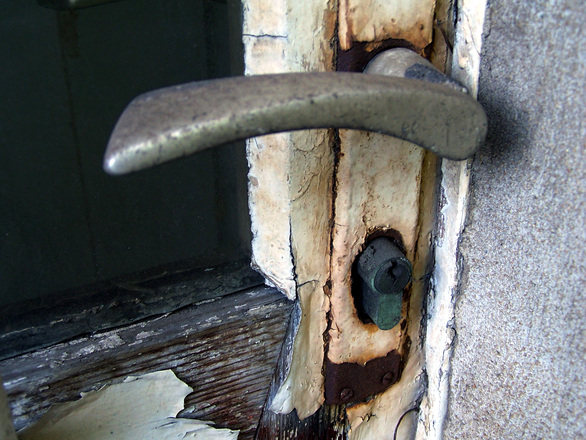

THE European Patent Office (EPO) is trying to distract us all (staff and media) with the Italian earthquake (warning: epo.org links can be tracked by the EPO), but otherwise it has been largely silent for weeks. It just selfishly tries to maintain that sense of fear and emergency, especially when there are mass shootings (not just in Europe).
"The EPO's reputation is so damaged right now (squarely the fault of Team Battistelli) that not much more damage can be done."It has been said for quite some time that Benoît Battistelli might try to 'gift' Paris with some UPC court/s (or Administration). If true, it wouldn't be the first time he did something nefarious like that. The EPO's reputation is so damaged right now (squarely the fault of Team Battistelli) that not much more damage can be done. There's already a crisis and talented people are leaving.
SUEPO mentioned the above in its public pages and so did a comment in IP Kat, which took note of another article shared by SUEPO. Coming from the Journal of Intellectual Property Law and Practice (and composed by Darren Smyth from IP Kat), the article says this:
Recently, the EPO has been beset by problems. A programme of reform has been pushed through which has led to widespread industrial unrest amongst the workforce, and distrust between the examiners and senior management. The problems have been exacerbated by the fact that the only legal recourse for aggrieved EPO employees is the International Labour Organisation, which has an immense backlog (partly caused by the number of EPO grievances) leading to a delay of many years before cases are decided. While there was little dispute that some reform was needed, the pace and character of the reforms, as well as their style of introduction, created a toxic atmosphere, the scale and causes of which were denied by the management, and relatively unrecognized outside of the EPO itself. The relatively generous salaries of EPO examiners led to a lack of sympathy in some quarters. The wider world only noticed the increasingly troubled situation at the EPO when a member of the Boards of Appeal of the EPO was suspended by the President without the prior sanction of the AC, an action that appeared to compromise the judicial independence of the Boards of Appeal. This occurred shortly after a seminal decision of the Enlarged Board of Appeal (EBA), which upheld an objection of suspicion of partiality against its Chairman, on the sole basis of his dual administrative role within the management of the Office. The response of the President, transferring some administrative powers from the EBA Chairman to himself, seemed to make the problem worse rather than better.
The judicial independence of the Boards of Appeal is crucial to the finality of their decisions. If the Boards are not accepted as a judicial instance, a national court could decline to give effect to their judgments on the basis of lack of compliance with European legal norms such as those embodied in Article 6 ECHR (right to fair trial). Before recent events, although national courts had always accepted the judicial character of the Boards, Board members took the view, supported by some commentators, that more autonomy was desirable. However, a proposal to increase the autonomy of the Boards had been shelved by the current administration.
It was clear that action needed to be taken, but new proposals from the President to modify the administrative structure of the Boards seemed to conflate independence with efficiency, and also addressed other matters, such as the management of possible conflicts of interest of Board members, which had never in reality seemed to be a problem. There was more concern with the appearance of independence, such as the physical location of the Boards, than independence itself.